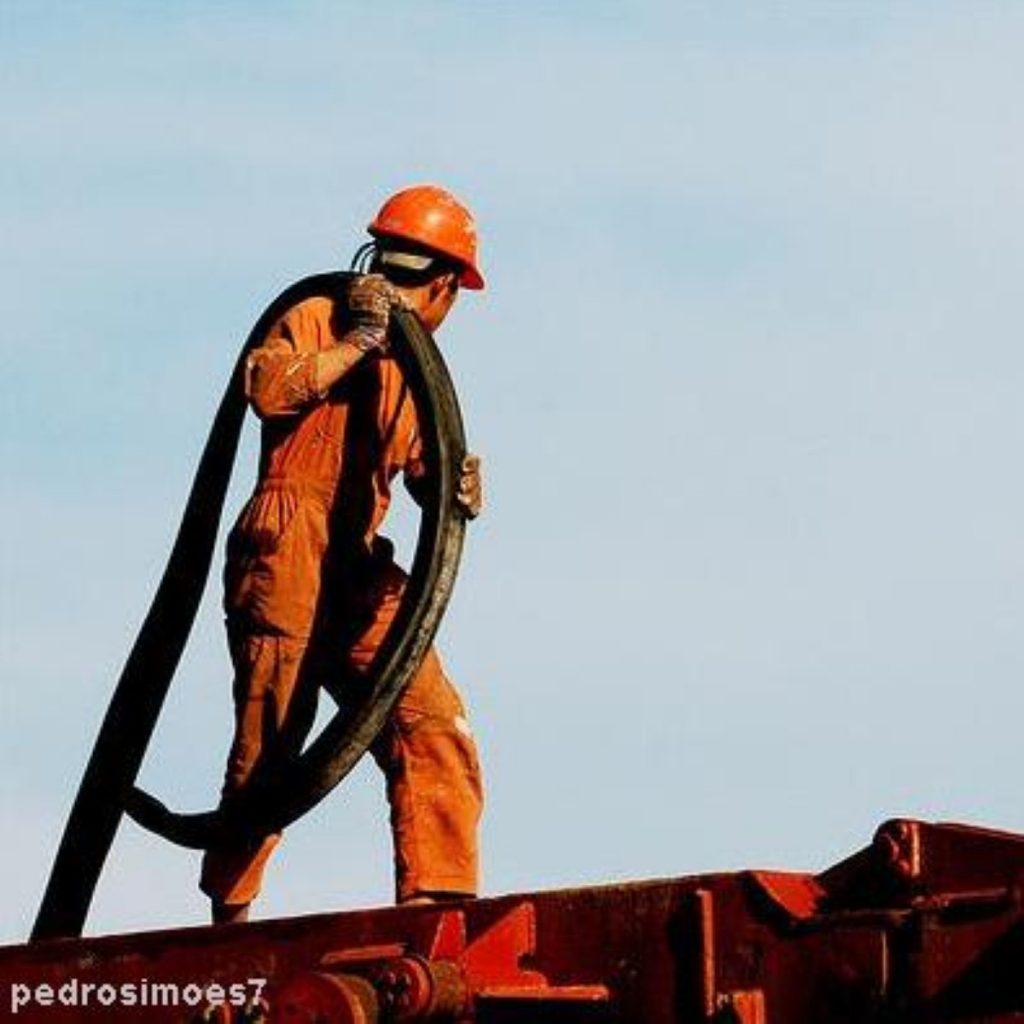Inflations drops to 4.1%
Inflation fell to 4.1 per cent in November, it was revealed today, making future interest rate cuts more likely.
“There is an air of unreality about these numbers, since most analysts and businesses are seeing evidence of falling prices,” said Liberal Democrat economics spokesman Vince Cable.
“This is likely to be the way the world will be for the next couple of years.
“But these figures do suggest that at a time when we’re heading into a painful recession, many people are still seeing their living standards falling, because of the cost of living.”


The consumer prices index (CPI) dropped from 4.5 per cent in October to 4.1 per cent to November.
However, the fall was lower than expected by many analysts.
The retail prices index (RPI) fell to three per cent in November from 4.2 per cent in the month before – increasing fears of deflation in 2009.
Falling inflation should allow the Bank of England to cut interest rates further next year – below the current level of two per cent.
For the second month, the greatest downward pressure on inflation was from falling oil prices – which had pushed inflation higher earlier in the year when oil prices spiked at almost $150 a barrel.
Oil prices now stand at $48 a barrel.
The average price of petrol fell by 9.3p per litre between October and November this year, to stand at 95.2 pence, compared with a rise of 3.5p last year, according to the Office for National Statistics report.
Clothes and beer prices also dropped. As did housing costs, as interest rate cuts passed through to lower average mortgage repayments.
However, price rises were recorded for fruit and vegetables.
Food prices are still over ten per cent higher than a year ago,
The Bank of England’s target for CPI is two per cent – and as such the governor of the Bank of England today has to write to the chancellor of the exchequer to explain why the target was missed.

